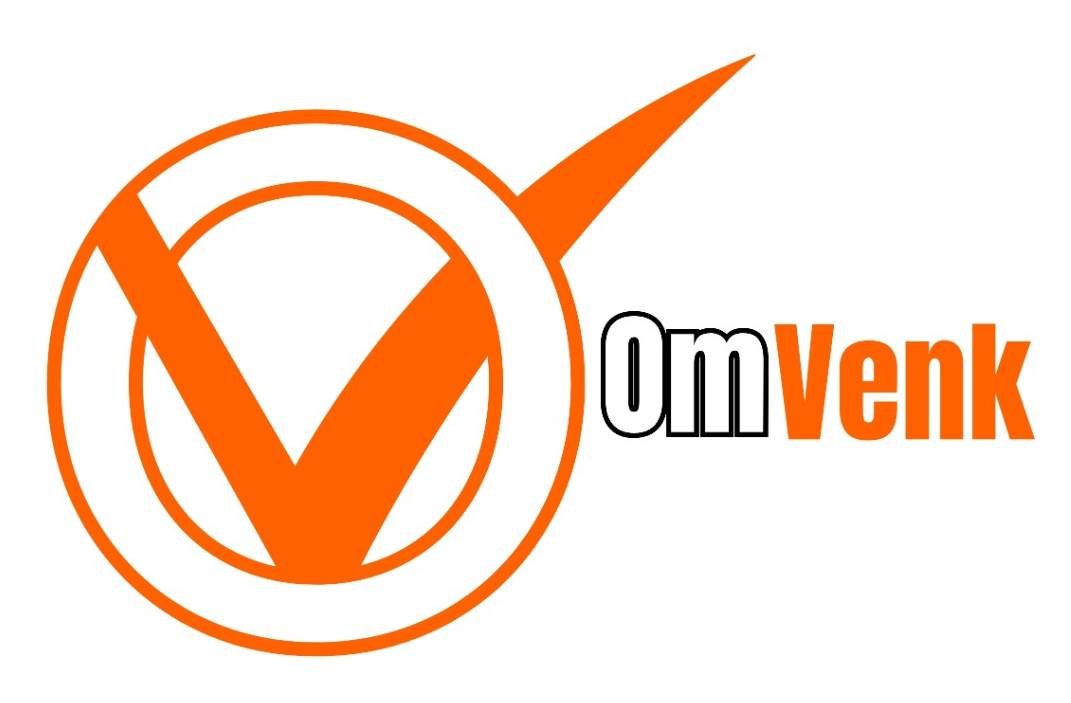Introduction
If you’re a fresher looking for your first job, you’ve likely come across the classic catch- “You need experience to get a job, but you need a job to get experience.” This is a common challenge, but the good news is—you can break this cycle. In 2025, companies are increasingly open to hiring freshers who show the right mindset, skillset, and preparation, even without formal job experience.
In this blog, we’ll walk you through proven, practical steps to land your first job as a fresher—even if your resume is short on experience.
1. Focus on Job-Ready Skills
Employers today value skills more than ever. Instead of only relying on academic degrees, they want candidates who can hit the ground running.
Start with:
- Basic computer proficiency (MS Excel, Google Workspace)
- Communication and soft skills
- Industry-relevant tools (e.g., HRMS for HR, Canva for design, Excel/Power BI for data roles)
- In-demand tech skills like HTML, CSS, JavaScript, or Python
Choose a job role you’re interested in and build skills around it using free or affordable resources like YouTube or online learning platforms.
2. Create a Project-Based Portfolio
Even without a job, you can showcase what you’ve learned through personal or academic projects. A portfolio shows that you’re serious about applying your knowledge.
What to include:
- College or freelance projects
- Sample reports, mock campaigns, or business proposals
- GitHub repositories (for developers)
- Case studies or analysis reports (for marketing, HR, or analytics roles)
Upload your portfolio to accessible platforms like GitHub, Behance, or a personal drive link.
3. Optimize Your Resume and Profile
Your resume is your first impression. Tailor it to the job role you’re applying for, even if you don’t have formal experience.
Tips:
- Use a clean, professional template
- Highlight your skills, tools, certifications, and achievements
- Include project experience and roles in college clubs, events, or internships
- Build a strong digital presence with a professional tone and updated profile
Use job-relevant keywords to ensure your resume aligns with recruiter expectations.
4. Build Soft Skills and Interview Confidence
Freshers who communicate clearly and confidently often have a better chance of getting hired—even over experienced candidates.
Develop:
- Verbal and written communication
- Basic English speaking skills
- Body language and professional etiquette
- Ability to explain your projects or education in simple terms
Practice with friends, record yourself, or join mock interviews to improve.
5. Apply Strategically, Not Randomly
Avoid applying to 100 jobs blindly. Be selective and focus on companies and opportunities that are known to welcome freshers.
How to approach it:
- Research companies that have fresher-friendly hiring models
- Prepare customized resumes and cover letters for each role
- Follow-up professionally when needed
6. Leverage OmVenk’s Pay After Placement Support
If you’re struggling to find the right opportunities on your own, OmVenk can be a powerful partner in your job journey.
OmVenk provides dedicated Pay After Placement support, connecting you with relevant job openings and offering end-to-end career assistance—including resume building, mock interviews, and job application guidance. You pay nothing until you get placed, making the process risk-free and result-driven.
This model ensures that your focus stays on getting hired—not worrying about upfront payments.
7. Network with Intention
Networking isn’t just for experienced professionals. Many freshers get hired through referrals.
Start with:
- Connecting with alumni or mentors in your field
- Engaging with professional groups and communities
- Participating in online discussions and events
A polite message with your resume can go a long way. Don’t hesitate to ask about openings or guidance.
8. Consider Internships or Freelance Work
If a full-time job feels out of reach initially, start with a short-term internship or freelance assignment.
Benefits:
- Adds real experience to your resume
- Builds your confidence and skills
- May lead to a full-time opportunity
This also demonstrates a willingness to grow and learn—something recruiters value highly.
9. Stay Consistent and Track Progress
Job hunting can take time. Track every job you apply to, follow up after interviews, and continue improving your profile.
Maintain a tracker with:
- Company name and job title
- Date of application
- Status (applied/interviewed/offer/rejected)
This will help you stay organized and motivated.
Conclusion: You Can Land Your First Job Without Experience
Getting your first job as a fresher may feel challenging, but with the right strategy and mindset, it’s absolutely possible. Focus on building your skills, presenting your work, and applying with purpose.
If you’re ready to take the next step, OmVenk offers reliable, risk-free Pay After Placement support to help you get hired faster and smarter.
Remember, every expert was once a beginner. What matters is starting strong.

